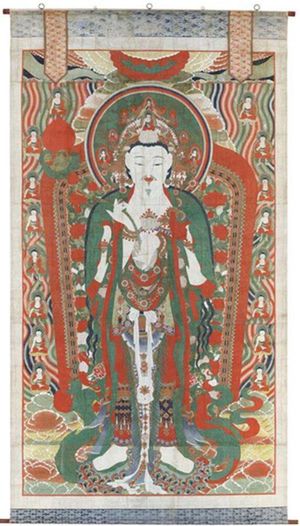The debate around the consumption of raw milk is heating up amid significant political tensions and public health concerns. Mark McAfee, CEO of the Raw Farm, champions raw, unpasteurized milk as part of his business, selling to nearly 2,000 stores.
Federal regulators, including the Centers for Disease Control and Prevention (CDC) and Food and Drug Administration (FDA), warn against raw milk, indicating potential contamination by pathogens associated with severe health risks, including kidney disease and even death. Recent events have reignited discussions about raw milk, particularly with Donald Trump’s administration poised to reshape regulations.
Under the Trump administration, Robert F. Kennedy Jr. has accepted a nomination to lead the Department of Health and Human Services, overseeing agencies like the CDC and FDA. Kennedy, who has historically advocated for raw milk, envisions reforming how the FDA manages these products, stirring controversy among health professionals.
According to virologist Angela Rasmussen, "If the FDA says raw milk is now legal and the CDC advises drinking raw milk, that's a recipe for mass infection." Recent studies indicate raw milk consumers have higher probabilities of contracting foodborne diseases. Alarmingly, some states are already witnessing outbreaks linked to raw dairy products.
McAfee, who runs the Raw Milk Institute, has ambitious plans to advocate for federal raw dairy farm certification. He argues against the stereotypical portrayal of raw milk as dangerous, claiming his products are safe after rigorous testing. Yet, public health experts remain skeptical.
The legal sale of raw milk varies by state, with approximately 30 states permitting its sale to varying extents. Legal battles have not been uncommon; take, for example, Amish farmer Amos Miller, who faced scrutiny after state authorities linked his products to E. coli illnesses among children. On January 4, 2024, regulators raided Miller's farm, creating backlash from conservatives who saw it as governmental overreach.
Some advocates of raw milk, including Kennedy, argue its beneficial properties, and many consumers share similar sentiments. Although only about 3% of the U.S. population chooses raw milk, the supporters' passion has transformed fringe ideas about raw milk and health freedom movements, gaining traction along conservative lines.
Opponents insist these beliefs contradict scientific evidence. Pasteurization processes—developed by French scientist Louis Pasteur—have successfully curbed risks of widespread illness historically attributed to raw milk consumption. Darin Detwiler, food policy expert, noted, "Raw milk and its products pose tangible risks to consumer health. That's why many health organizations and food safety experts advocate for pasteurization as a step ensuring safe consumption." He cites statistics showing raw milk drinkers are 838 times more likely to suffer food-related illnesses than those who consume pasteurized products.
Concerns extend beyond bacterial infections. Bird flu outbreaks currently threaten the milk supply, raising alarms about cross-contamination. Although bird flu primarily affects poultry, the possibility of it spreading to cows has food safety officials on high alert. Detwiler emphasized the need for thorough hygiene and biosecurity practices relating to dairy production.
Kennedy's controversial stances have found popularity among certain activists favoring minimal regulations and highlighting the dangers of pharmaceutical companies. Yet with experts urging caution, the notion of raw milk as purely beneficial remains contentious. With infectious disease outbreaks linked to raw milk on the rise, food safety advocates are urgently recommending the termination of raw milk consumption altogether.
Meanwhile, the political discussion continues as RFK Jr. prepares for his confirmation hearings on January 29, 2025. Kennedy has made headlines by vowing to overturn the FDA’s stringent policies on raw milk, arguing they suppress public health progress. He tweeted, "FDA’s war on public health is about to end," signaling potential policy shifts directly affecting citizens.
With this environment of uncertainty, raw milk remains at the center of fierce debates, reflecting broader tensions around public health and consumer freedoms. The raw milk controversy not only showcases America's complex relationship with food safety but also poses questions about how much regulation is necessary to protect public health without infringing on personal freedoms.



